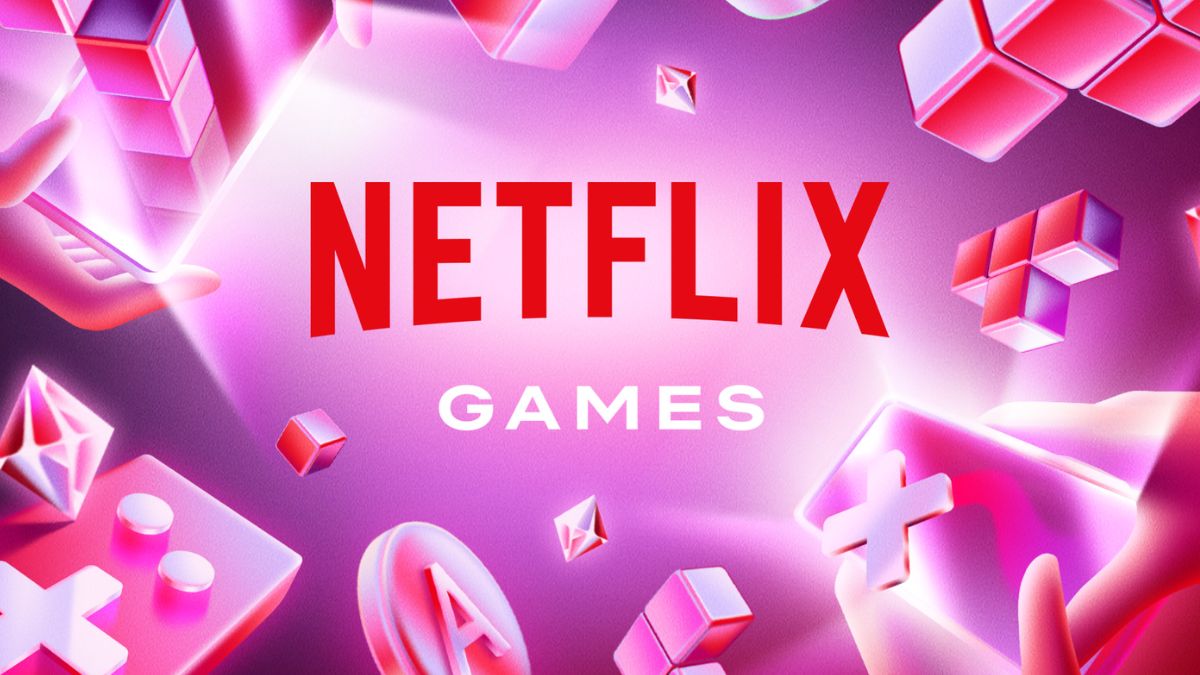Who owns the games that we play? The answer may seem obvious, but it isn’t. The question of whether video games are sold or licensed to purchasers has simmered atop the surface of the games industry for years.
In the beginning the issue felt semantic: Buyers had not yet been playing games for long enough to outlive the ability to access digital content. To the point: early game products relied on simple, often analog, technology. This tech was hardy, and could often be repaired or restored by a reasonably savvy owner to retain use almost indefinitely. After some time, however, the practical distinctions between owning physical and intellectual property began to reveal themselves. Modern printed circuit boards are much more difficult to maintain than old pinball cabinets. And yet, for would-be preservationists the accelerating fragility of material goods still takes a back seat to the emerging problem of revoked access controls.
Anxious to secure the integrity of digital markets, video game manufacturers have a practice of embedding technological safeguards within their products, sometimes called DRM. In essence, these controls are electronic permission slips that game players must ask the manufacturer for in order to play each game, and, in some cases, in order to play each session of a game. While occasionally helpful, these protections can also be intrusive, extending far beyond their utility and preventing lawful purchasers from enjoying their own property.
Developers claim they need such controls in order to discourage cheating and piracy.
Many developers claim they need such controls in order to discourage cheating and piracy, however these efforts are often in vain. One notable such example was Diablo III‘s real money auction house, which was proposed as an attempt to curtail the black market for in-game items. The venture was shut down within two years, and has been universally regarded as a failure. This was in large part because utilization of the auction house was found to be more productive than playing the game itself, thereby actually incentivizing exploitation rather than deterring it.
What’s worse, because much authentication requires an Internet connection, web access has become a necessity for many games that utilize it. While these hurdles supply ample frustration to users wishing to play current and active games, like SimCity and Assassin’s Creed II, for those wishing to access aging or discontinued games the impediments may be insurmountable: When the host shuts down the authenticating or multiplayer server, then the user cannot access their game. As a result, such games become totally unplayable. In the past year Electronic Arts alone has shut down 50 different game servers.[1]
And so it has come to pass that a player’s own ingenuity is no longer the limit of their ability to preserve access to gameplay. Instead, a few lines of code, empowered in the US by a body of law called the Digital Millennium Copyright Act, or DMCA, dictate the bounds of access to aging games. The DMCA was created to help the owners of intellectual property protect their digital content from piracy and other illicit uses. As a result, reverse engineering restriction protocols and creating alternative servers to upkeep abandoned video games violates the DMCA’s circumvention prohibitions. Specifically, the law states that “[n]o person shall circumvent a technological measure that effectively controls access to a work protected under this title.”[2]
When the host shuts down the authenticating or multiplayer server, then the user cannot access their game.
What this means for the average player is that, even if you’ve paid for a game, have the latest hardware, and are connected to the Internet, the manufacturer can at any time decide to pick up the ball and go home… and it’s illegal for you to try and stop them. As things stand, the consequences of ignoring the DMCA and jailbreaking your game console can include fines of up to $500,000 and 5 years of imprisonment for the first offense, and double that for each subsequent one.[3]
Anticipating that these restrictions could fail to keep pace with the evolving demands of new tech, the creators of the DMCA embedded it with a review process that takes place once every three years. Currently, the Librarian of Congress and the Copyright Office are reviewing jailbreaking exemptions for video games, both abandoned and otherwise. The Copyright Office has spent a year collecting comments on the matter, and a month conducting public hearings in Los Angeles and Washington, DC. Although the wheels of government tend to turn slowly, due to the scheduled nature of this review process a decision is expected soon. Unfortunately, however, an exact date is not yet known.
Unless a jailbreaking exemption for abandoned video games is granted, we will continue to watch the content that we love wither and perish, fading into the ether of a distant past and out of the reach of future generations of gamers. Our descendants’ meager video game legacy will consist of the odd relic or two, allowed to escape nonexistence only by the grace of occasionally benevolent, but usually self-serving, content creators – like Tim Shaffer’s Grim Fandango for example, or Epic Games’ Unreal Tournament.
While it is reasonable for game makers to fear infringing uses of copyrighted material, neither content creators nor the law should discount the free will of users. Broadly criminalizing authorized access in this way alienates consumers from developers, and undermines the symbiotic relationship between artists and players that has historically allowed the video game industry to thrive. To protect that dynamic from straying into an unsustainably parasitic status quo, a DMCA jailbreaking exemption for abandoned video games must be granted.



Published: Sep 9, 2015 07:17 pm